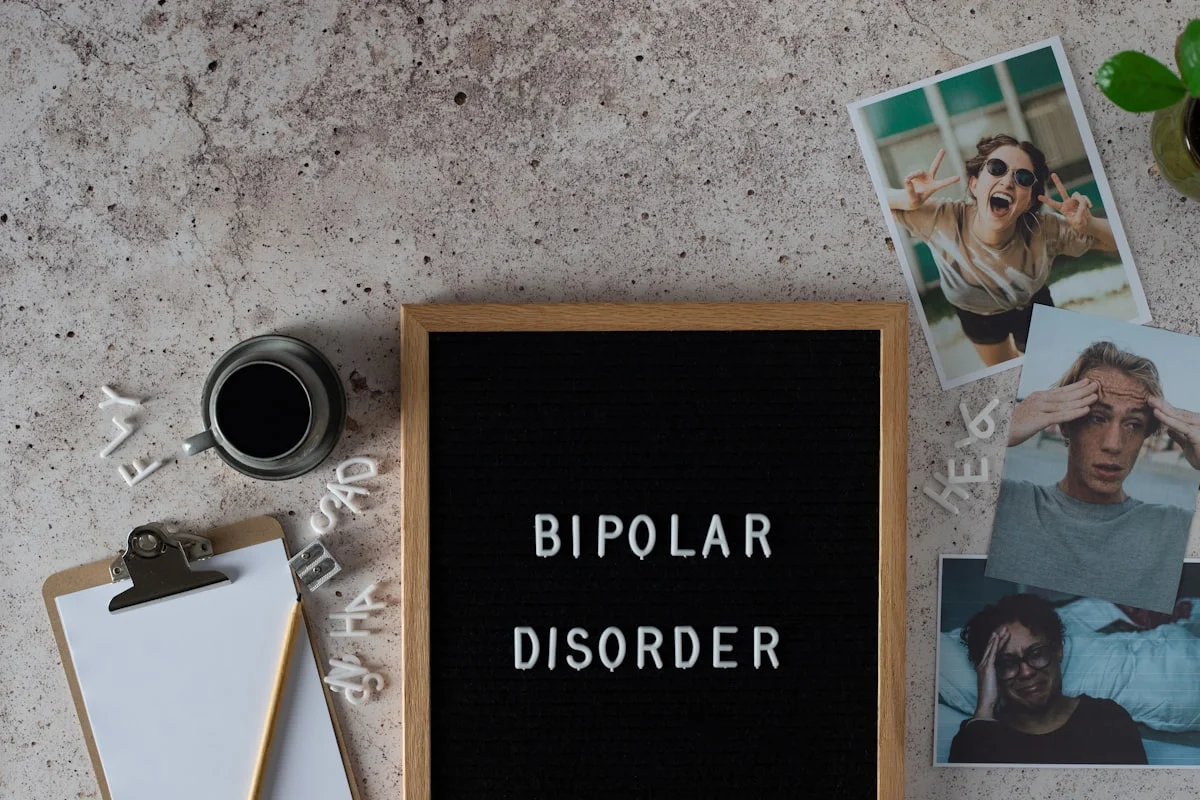“`html
Forgot to Take My Bipolar Medication What to Do
Managing bipolar disorder requires consistency, especially when it comes to medication. Missing a dose can lead to mood instability, increased symptoms, or even a relapse. If you’ve forgotten to take your bipolar medication, it’s important to act thoughtfully and promptly. This guide will walk you through the steps to take, when to seek help, and how to prevent future missed doses.

Why Consistency with Bipolar Medication Matters
Bipolar disorder is a chronic condition that often requires long-term medication to stabilize mood swings. Medications like mood stabilizers, antipsychotics, or antidepressants help regulate brain chemistry and prevent episodes of mania or depression. Skipping a dose can disrupt this balance, leading to withdrawal effects, mood fluctuations, or a return of symptoms. Understanding the risks can motivate you to stay on track with your treatment plan.
Immediate Steps to Take If You Miss a Dose
If you realize you’ve missed a dose, the first step is to check the time. Many medications have specific instructions for missed doses. If it’s only been a few hours since your scheduled time, take the medication right away. However, if it’s close to the time of your next dose, skip the missed one and continue with your regular schedule. Doubling up on medication can sometimes cause adverse effects, so it’s best to follow your doctor’s guidance or the instructions on the prescription label.
When to Contact Your Doctor
If you’re unsure about what to do after missing a dose, contact your healthcare provider. This is especially important if you take multiple medications or have a history of severe episodes. Your doctor can advise whether you should take the missed dose or adjust your next one. Additionally, if you experience any unusual symptoms—such as increased anxiety, irritability, or mood swings—seek medical advice immediately. Early intervention can prevent a minor lapse from turning into a major setback.
Preventing Future Missed Doses
Forgetting medication occasionally happens, but establishing routines can reduce the chances of it recurring. Consider setting daily reminders on your phone or using a pill organizer to keep track of doses. Some people find it helpful to link medication time with another daily habit, like brushing teeth or eating breakfast. If forgetfulness is a frequent issue, talk to your doctor about long-acting formulations or other strategies to simplify your regimen.
The Role of Support Systems in Medication Adherence
Having a strong support system can make a big difference in managing bipolar disorder. Family members, friends, or support groups can provide reminders and encouragement. If you’re comfortable, let someone you trust know about your medication schedule so they can check in with you. Therapy or counseling can also help address any underlying reasons for missed doses, such as side effects or denial about the condition.
Long-Term Strategies for Managing Bipolar Disorder
Medication is just one part of managing bipolar disorder. A comprehensive treatment plan often includes therapy, lifestyle adjustments, and regular medical check-ins. Cognitive-behavioral therapy (CBT) can help you develop coping strategies, while maintaining a stable sleep schedule, eating well, and reducing stress can support overall mental health. Staying proactive about your treatment reduces the risk of relapse and helps you maintain stability even if a dose is occasionally missed.
Conclusion
Forgetting to take bipolar medication can be stressful, but knowing how to respond can minimize the impact. Take the missed dose if it’s safe to do so, consult your doctor if needed, and implement strategies to prevent future lapses. Consistency with medication, combined with a strong support network and healthy lifestyle choices, plays a crucial role in managing bipolar disorder effectively. If you’re struggling with adherence, don’t hesitate to seek professional guidance to ensure your treatment plan works best for you.
“`



